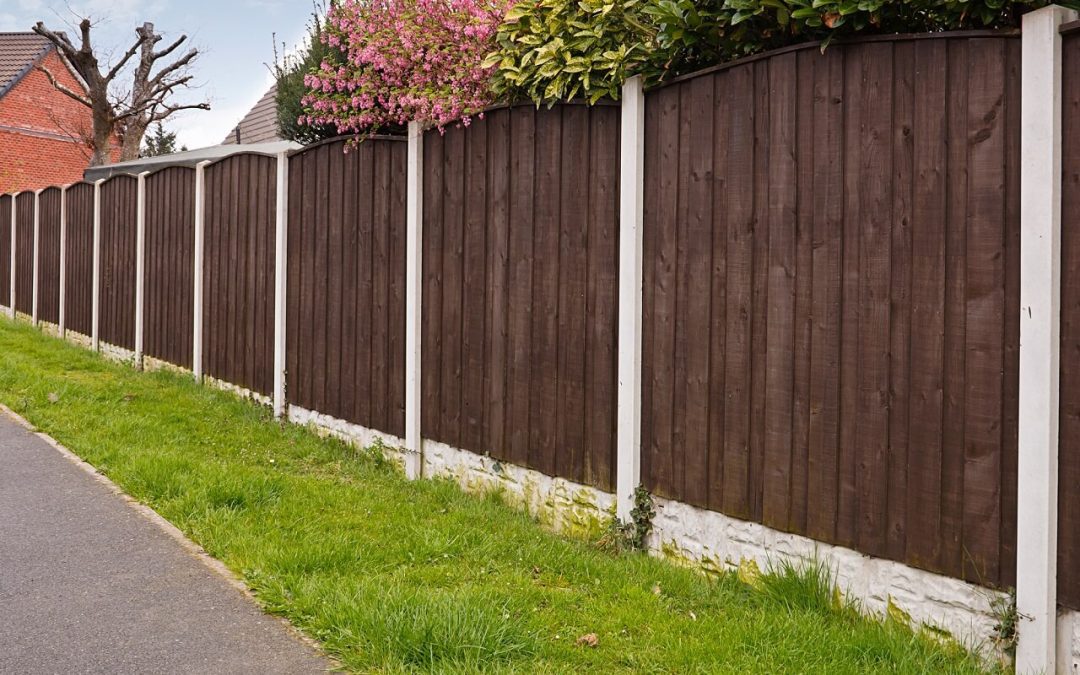A fence can boost your security and enhance privacy. It can also add value to your property and improve curb appeal, making it a great addition to your home. However, making a plan for a fence can be pretty challenging. Before you undertake the project, here’s what to consider when planning a fence on your property.
Determine the Primary Purpose of the Fence
First, establish what you need and want from your fence. While fences serve various purposes, narrowing down the primary function will help you make an informed decision on a suitable fence type.
Generally, you can get a fence for functional or decorative purposes. Practical fences provide privacy and enhance security. They help prevent unauthorized people from accessing your yard and protect against vandals and burglars. They can also contain pets and children to keep them safe.
On the other hand, decorative fences prioritize aesthetics over utility. They can draw attention to certain areas of your home and improve curb appeal.
Check Out Local Laws and Neighborhood Regulations When You Plan a Fence
Your municipality may have specific laws regarding how you can build your fence. Additionally, neighborhood regulations may also determine what type of fence you can have and how to build it. Therefore, before you plan a fence on your property, do the following things:
- Check the building codes in your area. There may be limitations on the height and materials of the fence.
- Before you begin construction, find out if you’ll need a zoning permit or a permit from your homeowners’ association.
- Confirm your property lines to ensure you aren’t infringing on your adjacent neighbor’s property.
- Talk to adjacent neighbors about your plan for a fence on your property. Not only is it courteous, but you may also find that your neighbors are willing to cover part of the fencing costs.
Pick an Appropriate Type of Fence
Once you’ve determined the primary function of your fence and looked into neighborhood regulations and local laws, it’s time to choose a suitable fence. There isn’t a one-size-fits-all solution when it comes to picking fencing materials. So, compare the pros and cons of each material before you settle for one.
Here are some popular fencing materials worth considering:
- Wood: Wood fences are excellent for decorative purposes, and they can give your property a rustic look. Wood fences cost less to install than other fence types but require more maintenance because they’re prone to insect infestations and mold.
- Vinyl: Vinyl fences cost more upfront than wood. However, they require minimal maintenance, making them cheaper in the long term.
- Composite: This is a flexible fencing material that can mimic the appearance of wood but is easier to maintain.
- Metal: Metal fences are available materials like wrought iron and aluminum. They are ideal for enhancing security and containing pets and children without obstructing the view.
- Chain-link: Chain-link is one of the most affordable fencing materials, and it’s excellent for security. However, it lacks the curb appeal of other fencing materials and is a turnoff for homebuyers if you’re planning to sell your home.
Whether you want a fence for practical or decorative purposes, consider these factors when planning for a fence on your property.
Battle Born Inspections offers home inspection services in the northern Nevada area. Contact us to request an appointment.

